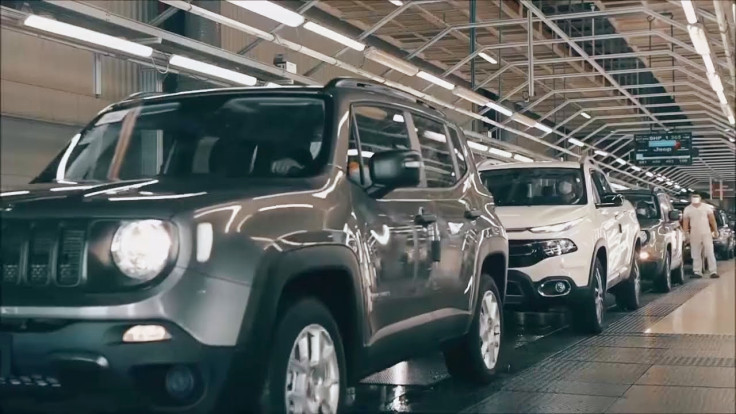Stellantis Blames Trump Tariffs for £259M Loss, Predicts £2B Net Decline in First Half of 2025
Stellantis shares more details on its preliminary figures.

Stellantis, the automotive giant behind Vauxhall, Jeep and Fiat, has revealed a sharp downturn in its financial performance, reporting a net loss of £2 billion ($2.68 billion) for the first half of 2025.
The company blamed much of its losses on the tariffs introduced by US President Donald Trump, which have disrupted operations across North America and beyond.
According to preliminary figures released this week, the company took a direct hit of £259 million ($349.2 million) from US tariffs alone, though the wider financial impact is expected to be much greater once indirect costs are factored in.
Stellantis attributed its poor performance not only to higher import duties, but also to wider disruption in production and shipping.
Tariffs Drive Revenue Down and Disrupt Production
For the first half of the year, Stellantis posted revenues of £64.36 billion ($86.79 billion), down from £73.64 billion ($99.29 billion) during the same period in 2024, according to the BBC. The sharp drop in income marks a dramatic reversal from the company's profitability last year, highlighting the immediate financial strain caused by tariffs and supply chain instability.
The 25% tariffs on imported vehicles, introduced by President Trump in April 2025, have forced Stellantis to make tough decisions.
North American shipments fell by 25% in the second quarter, with the hardest-hit models facing significant reductions in manufacturing and export volumes. Globally, sales slipped by 10% in Q2, even as US retail sales showed a modest rise for Jeep and Ram brands.
To cope with these challenges, Stellantis has suspended production at some plants in Canada and Mexico, and reshuffled its operations to navigate the turbulent trading environment.
Industry Faces Uncertainty as Tariffs Bite
The Trump administration insists that the tariffs are designed to protect American manufacturing and jobs. However, carmakers like Stellantis have warned of mounting costs and supply chain headaches as a result.
While the UK government successfully negotiated a reduced 10% rate for British-made vehicles, the 25% tariff remains in place for other foreign carmakers, adding to industry-wide uncertainty.
Stellantis was forced to suspend its full-year financial outlook in April, citing the unpredictable business landscape. Industry analysts expect negative free cash flow for the company throughout 2025, underlining the deep financial impact of the new trade regime.
Antonio Filosa, Stellantis' new chief executive since June, has responded with a sweeping management shake-up aimed at restoring profitability. However, with the full effects of tariffs still unfolding, the path to recovery looks uncertain. The company will announce its final financial results on 29 July 2025, providing further insight into its strategy and future direction.
For now, tariffs and global economic uncertainty remain significant hurdles as Stellantis works to stabilise its business and return to growth.
© Copyright IBTimes 2025. All rights reserved.





















